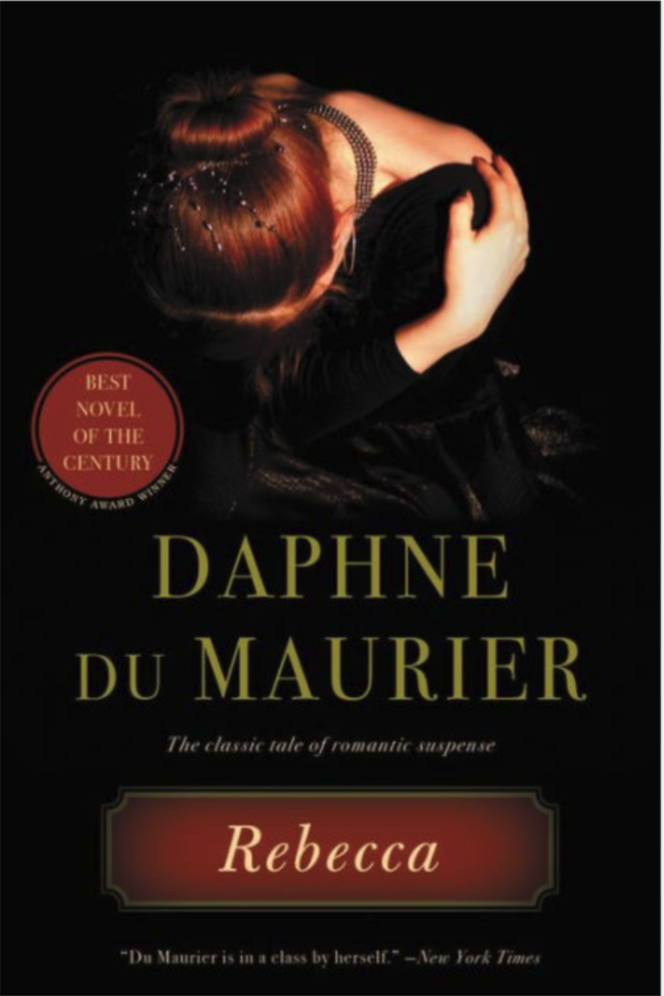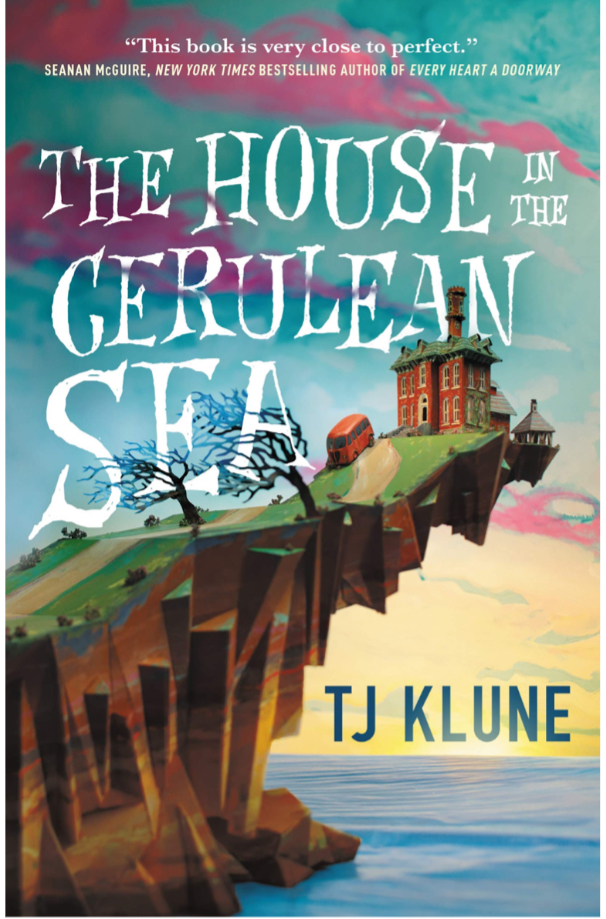Welcome to the Triple C’s, where I share a weekly review! Whether I’ve read the book for pleasure, a school assignment, or simply because I was inspired by BookTok, my ideas all come straight here. My email is always open to recommendations and opinions, and make sure to stay on the lookout for next week’s review!
“Last night I dreamt I went to Manderley again.” Du Maurier’s iconic first line haunts the minds of the Humanities students still reminiscing about their summer spent reading Rebecca. This novel isn’t just your typical “required reading”—the beautifully written novel combines a classic murder mystery filled with twists, a romantic endeavor, and the quest of a young woman to find herself.
Written and published in 1938, Rebecca takes the reader into the perspective of a shy, young, unnamed narrator swept away and married to Maxim de Winter, a wealthy man. Moving into Maxim’s grand estate, Manderley, the narrator realizes not everything seems as perfect as described. The shadow of Maxim’s late wife, Rebecca, lurks in the shadows. She’s glamorous, unforgettable, and, according to the intimidating housekeeper Mrs. Danvers, utterly irreplaceable.
One of the best parts about reading Rebecca is the balance between the serenity and beauty of the atmosphere while maintaining the lingering eerie feeling locked up behind the doors in every hallway. Du Maurier’s twisted plot delivers suspense rivaling that of any modern thriller, a mood equal parts romantic and chilling—perfect for anyone who loves Gothic drama.
There are, however, a few common critiques I have collected through the responses of my peers. Firstly, the lengthy, drawn-out plot: though the metaphors and personification utilized are beyond words, the storyline itself could use some trimming. Like my classmates, I found myself wishing certain scenes would move along faster, especially when the narrator finds repetition with her daily tasks. Others noted that the buildup of suspense alternatively overshadows the resolution, leaving the ending to seem abrupt when compared to the slow burn and suspense of the first half. Additionally, while Du Maurier’s descriptive style vividly brings the estate of Manderley to life, the heavy focus on the setting took away from further development of the characters beyond the center trio.
Ultimately, I found myself glad with my summer reading choice. Though slow at times, the last 100 pages felt like a breeze. While flipping through the pages, I desperately needed to know what would happen next, as each chapter came a new jaw-dropping revelation.So if you’ve been putting this one off, don’t. Rebecca isn’t just a classic that you “have to” read—it’s a story that pulls you in, fiddles with your expectations, and leaves you dreaming of Manderley long after you’ve closed the book.



















































































































































